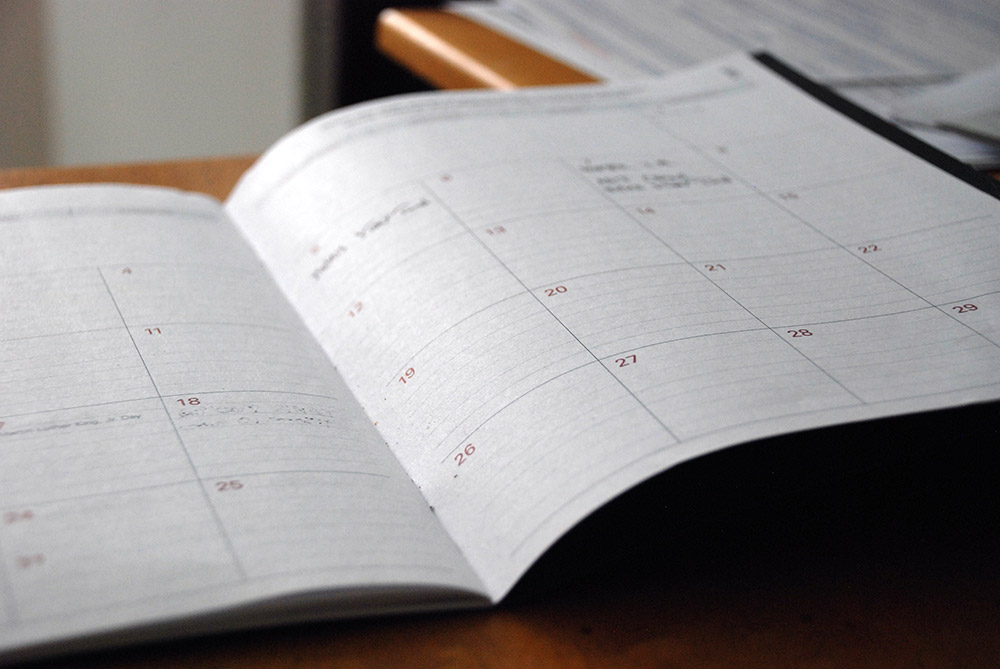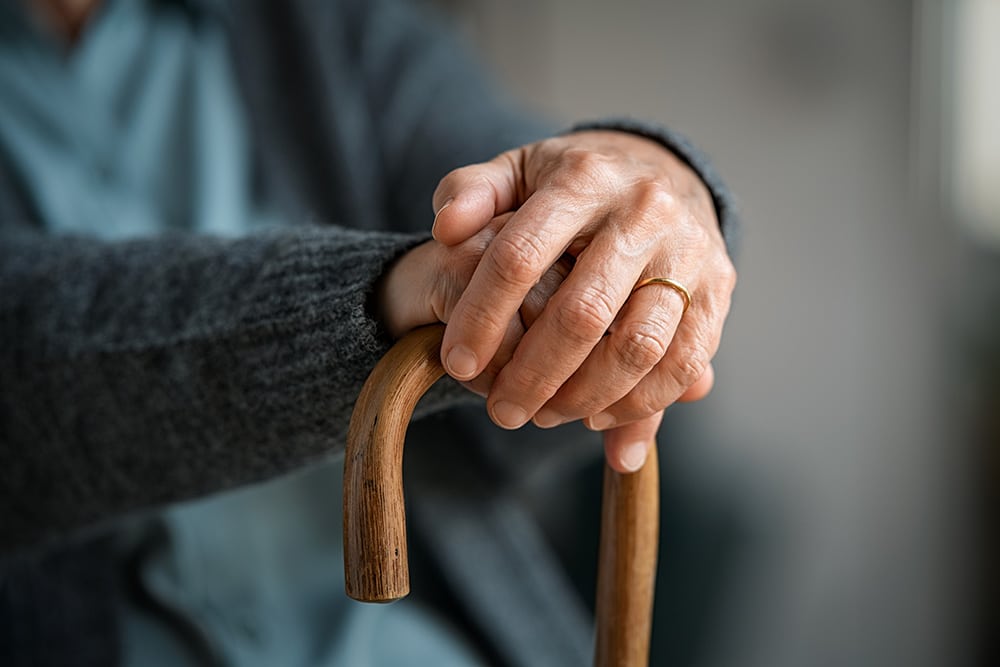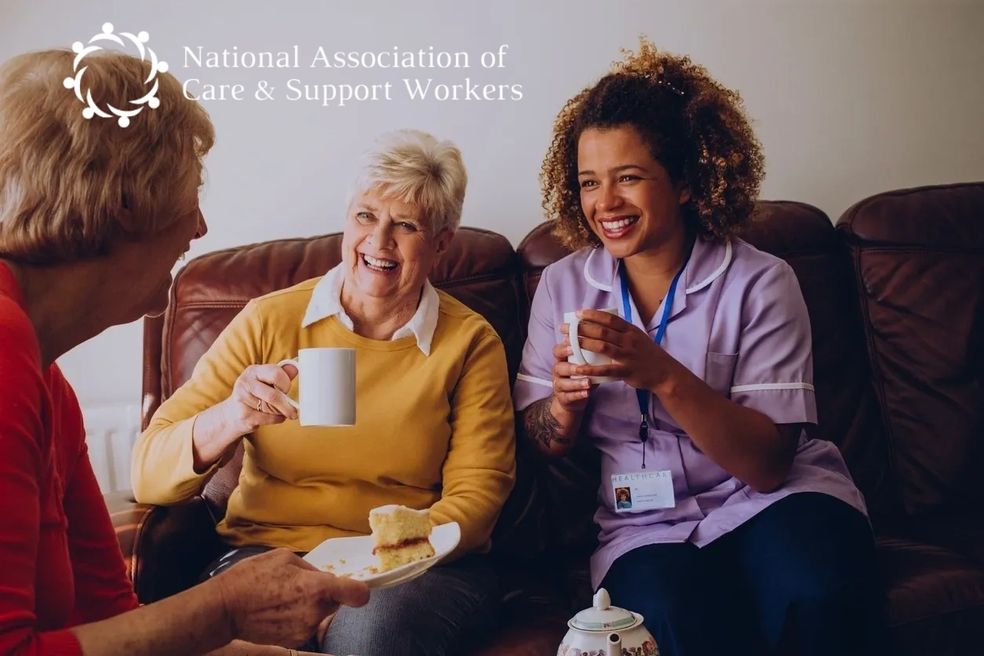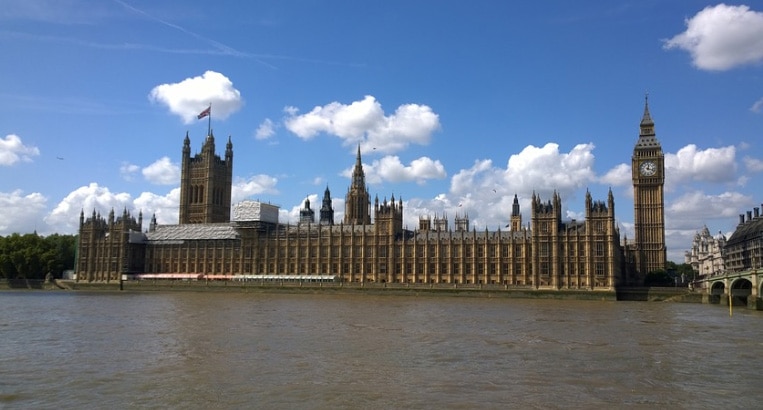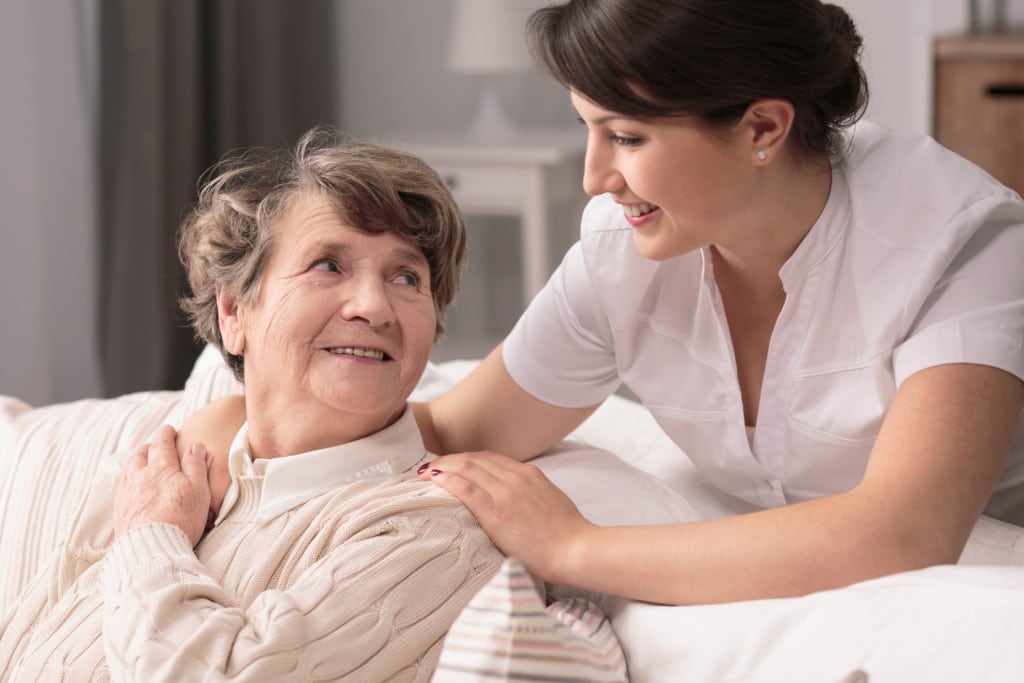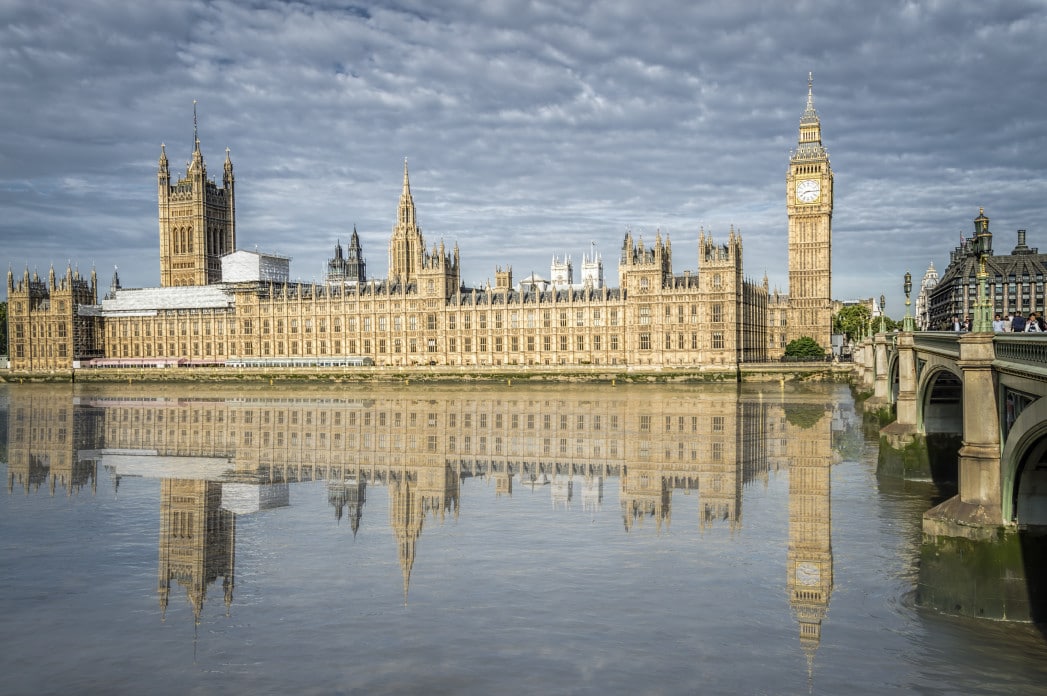Helen Cooper /
December 2022
Caring for your care home and residents in Winter
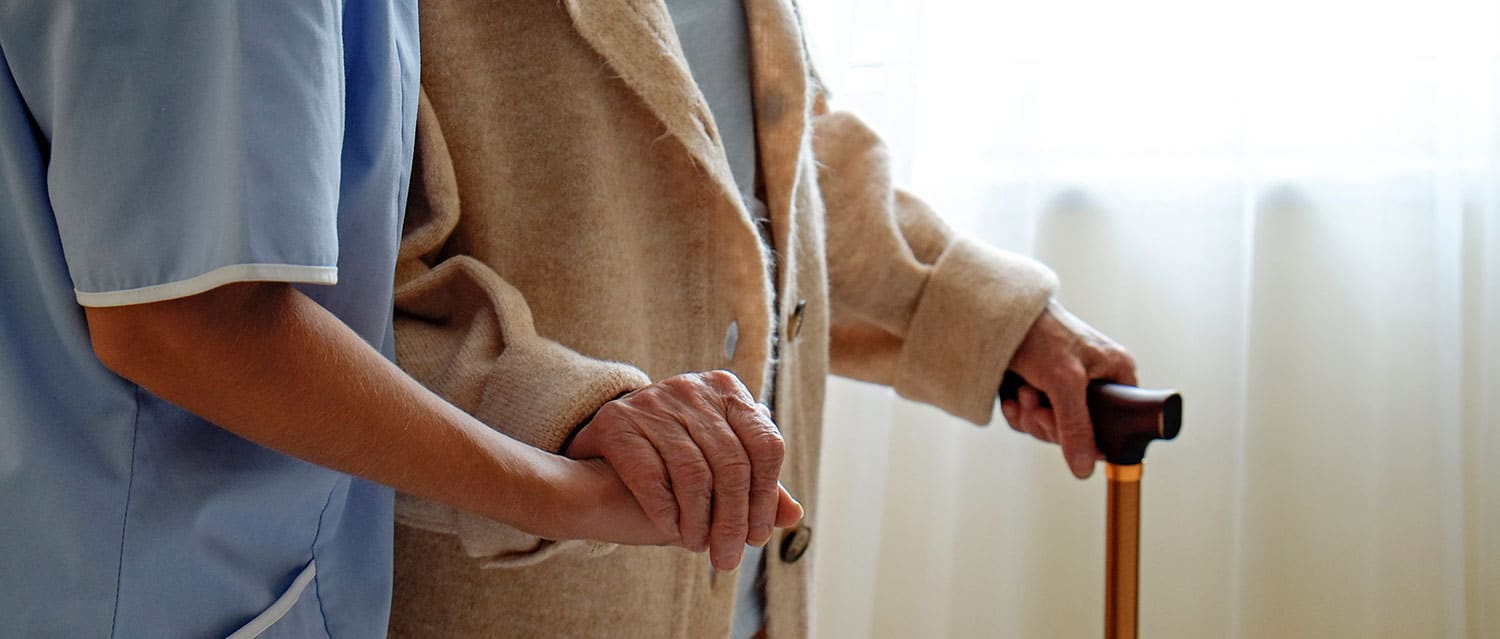
Winter can be a difficult time for many, but this is particularly the case for the elderly and vulnerable, who face a greater level of risks during these months. It can mean that care homes are presented with a whole raft of new challenges to deal with in order to make sure that their residents are properly cared for.
As a care home, you will always have the health and wellbeing of your residents at the forefront of everything that you do, but the focus of this can shift in the winter as the temperature drops and more and more viruses and illnesses start to circulate.
It is important that you have plans in place that outline how you can offer the best levels of care for your residents and protect them from these new risks. In this article we’ll take a look at some of the things that you can be doing to keep your care home residents safe and well this winter.
Healthcare
The health of your residents is of paramount importance, as colds, flu and other bugs come to the fore, not to mention COVID-19. You should make sure that you are well stocked on all of the medication that you might need to tackle this, whether it is over the counter medicine or specific prescription medication. You should also make sure that all of your residents have been offered the opportunity to be vaccinated against things such as the flu and COVID in order to help keep some of the most harmful viruses at bay.
It is important that staff look out for the early signs of illness such as coughs and sneezes to ensure that they are treated as early as possible. By doing so, you can minimise their impact and hopefully prevent them from turning into more serious conditions such as pneumonia.
Warmth
Colder temperatures can be particularly damaging to the elderly, so it is important to keep your residents warm in order to keep them well. The cold can have a multitude of effects, including making residents more susceptible to colds and illness, increasing the risk of heart attacks and strokes and causing stiff and arthritic joints to seize up and become painful.
We know that energy prices are becoming difficult to manage, but it is important to keep your care home as warm as possible. Make sure that your heating system is serviced regularly as this will help to make it more efficient. The ideal temperature should be around 18 degrees Celsius. By making sure that curtains and windows are closed at night, draught excluders are in place on main exits and plenty of blankets have been provided can cut down the amountof time that you need to run your heating for.
You should also ensure that your residents are dressed appropriately to keep them warm. Encourage them towear layers that can be added to and taken off throughout the day, and make sure that hats, scarves and gloves are worn with a coat when outdoors.
Diet
It is important to remember that eating is heating, and so by making sure that you are offering a range of hot food and drinks, you can ensure that your residents are being kept warm from the inside.
Our bodies need a balanced diet to stay healthy, and so offering food which has a good range of vitamins and minerals can help to keep bones strong, the immune system efficient and minds sharp.
Hygiene
Good levels of hygiene should be something that is in place as a matter of course, but this can be even more important during the winter. With so many germs and viruses running rife, it is important to encourage staff, residents and visitors to sanitise their hands as frequently as possible. Make sure that surfaces are cleaned often and thoroughly, and where you can, try to leave windows ajar during the day so that some fresh air can circulate.
One of the biggest risks for care homes during the winter is visitors who bring in coughs and colds when they come to see a loved one. You should make sure that you have a policy in place to deal with this, as it is not just their relatives that they are putting at risk. Try to suggest that anyone who feels unwell postpones their visit or wears a mask where appropriate.
Exercise
Exercise can be very important for the elderly as it can stimulate both the body and mind. It helps to keep muscles active and prevents wastage, as well as making sure thatthe heart is pumping, and the brain is active. During the winter this can be more difficult to achieve as the weather makes it harder to get outside. It is therefore worth looking at different exercise programmes that you can offer inside your care home to help keep your residents moving and active as much as possible.
Health and safety
Your health and safety measures will face some new challenges during the winter thanks to the weather. A slip or fall for a resident can be disastrous, so make sure that all paths and steps are gritted and free from ice and snow. If there are any areas which look particularly treacherous, then try to divert people away from them towards other, clearer routes.
Keep the doctors on call
The medical services are always stretched during the winter, but it is important that you make sure you can stay in touch with the necessary doctors and hospitals. Getting advice and assistance quickly when someone is unwell can make a big difference to their prospects of recovery, so try to ensure that lines of communication are kept open.
The winter is a difficult time for the care services in this country, and you will need to put a lot of measures in place to see your residents through it whilst protecting their health and happiness. With a well thought out plan this is achievable, and everyone can look forward to the brighter weather.
If you would like to chat with one of our consultants, then why not book a meeting now.
We look forward to hearing from you!
Book your meeting now






